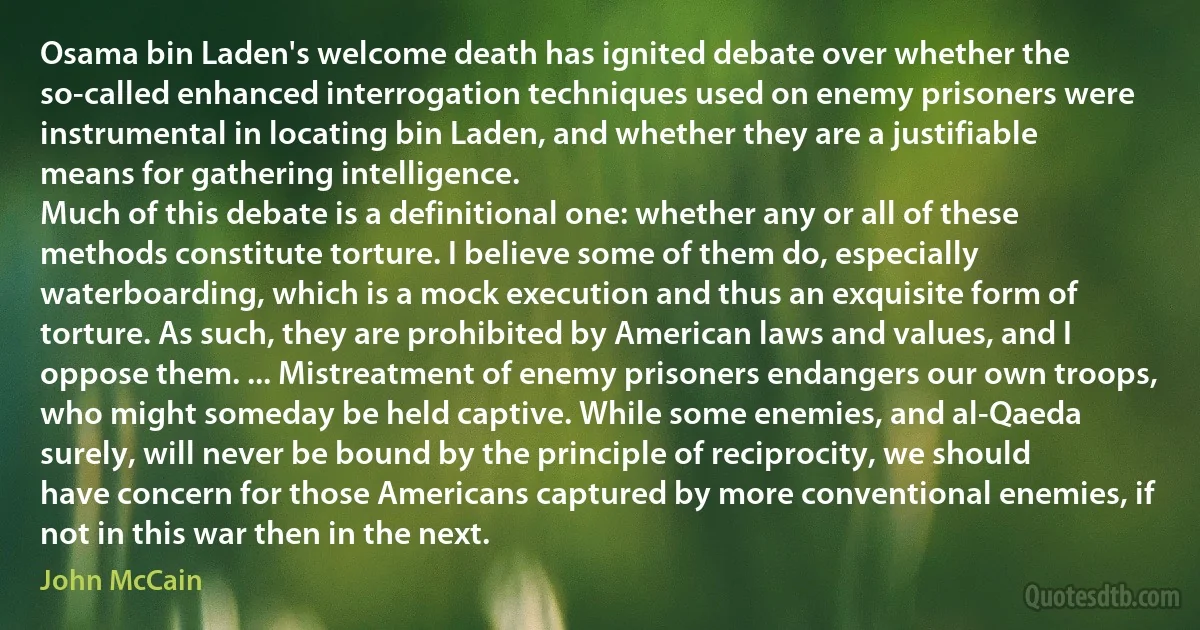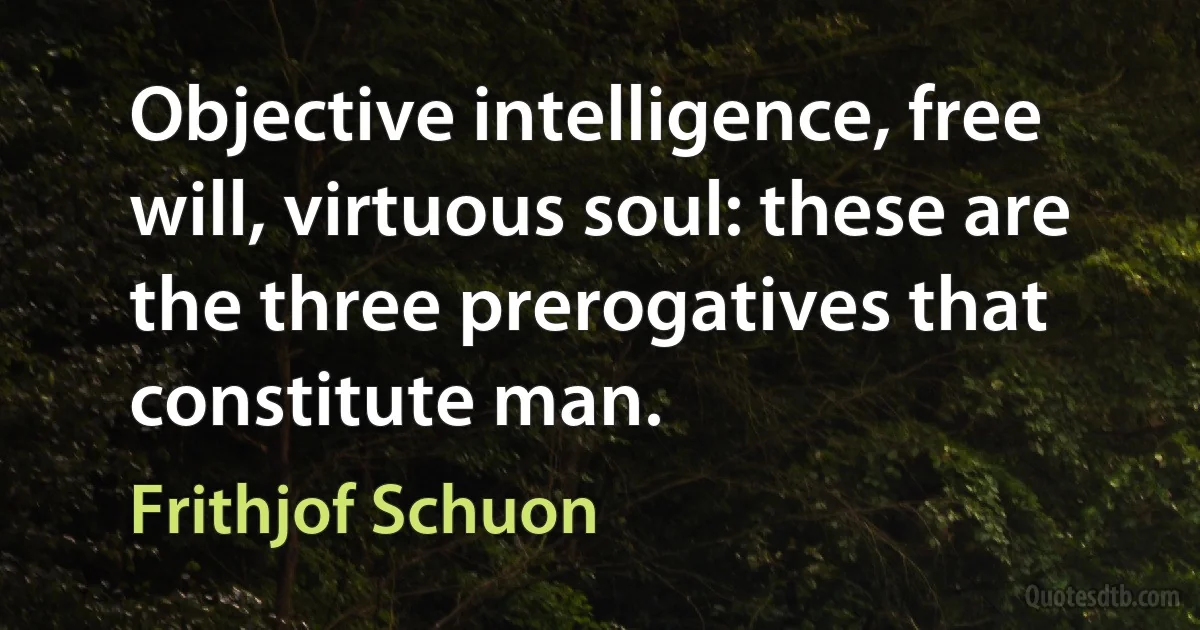Constitute Quotes - page 3
This passion for form is a way of trying to find and constitute meaning in life. And this is what genuine creativity is. Imagination, broadly defined, seems to me to be a principle in human life underlying even reason, for the rational functions, according to our definitions, can lead to understanding - can participate in the constituting of reality - only as they are creative. Creativity is thus involved in our every experience as we try to make meaning in our self-world relationship.

Rollo May
When a nation is invited to join in a union with another, the ignorant, bedazzled statesman might rush into it, young people enamored of beautiful ideas and lacking good sense might celebrate it, and venal or demented politicians might welcome it as a mercy and glorify it with servile words, but he who feels in his heart the anguish of the patria, he who watches and foresees, must investigate and must say what elements constitute the character of the nation that invites and the nation that is invited, and whether they are predisposed toward a common labor by common antecedents and habits, and whether or not it is probable that the fearsome elements of the inviting nation will, in the union it aspires to, be developed to the endangerment of the invited one.

José Martí
God thus includes the world; he is, in fact, the totality of world parts, which are indifferently causes and effects. Now AR [absolute perfection in some respects, relative perfection in all others] is equally far from either of these doctrines; thanks to its two-aspect view of God, it is able consistently to embrace all that is positive in either deism or pandeism. AR means that God is, in one aspect of himself, the integral totality of all ordinary causes and effects, but that in another aspect, his essence (which is A), he is conceivable in abstraction from any one or any group of particular, contingent beings (though not from the requirement and the power always to provide himself with some particulars or other, sufficient to constitute in their integrated totality the R aspect of himself at the given moment).

Charles Hartshorne
It is hard to consider women a 'discrete and insular minority', unable to employ the 'political processes ordinarily to be relied upon' when they constitute a majority of the electorate. And the suggestion that they are incapable of exerting that political power smacks of the same paternalism that the Court so roundly condemns.

Antonin Scalia
The Court thus proclaims itself sole arbiter of our Nation's moral standards-and in the course of discharging that awesome responsibility purports to take guidance from the views of foreign courts and legislatures. Because I do not believe that the meaning of our Eighth Amendment, any more than the meaning of other provisions of our Constitution, should be determined by the subjective views of five Members of this Court and like-minded foreigners, I dissent. Words have no meaning if the views of less than 50 percent of death penalty States can constitute a national consensus. Our previous cases have required overwhelming opposition to a challenged practice, generally over a long period of time.

Antonin Scalia
Land has lost its original strategic value; military forces are no longer employed primarily to conquer land, but to ensure stable economic, energy and information flows, which constitute the true resources, along with the natural resources. Alongside military hard power, international organization are increasing attempts to use soft power, at regional level, to solve environmental problems that do not pose short-term problems, but which can generate conflicts in the medium-to-long term, such as water-related problems or desertification.

Corrado Maria Daclon
If by religion, we are understand sectarian dogmas, in which no two of them agree, then your exclamation on that hypothesis is just, "that this would be the best of all possible worlds, if there were no religion in it." But if the moral precepts, innate in man, and made a part of his physical constitution, as necessary for a social being, if the sublime doctrines of philanthropism and deism taught us by Jesus of Nazareth, in which all agree, constitute true religion, then, without it, this would be, as you again say, "something not fit to be named, even indeed, a hell."

Thomas Jefferson
Merchants have no country. The mere spot they stand on does not constitute so strong an attachment as that from which they draw their gains. In every country and in every age, the priest has been hostile to liberty. He is always in alliance with the despot, abetting his abuses in return for protection to his own. It is easier to acquire them, and to effect this, they have perverted the best religion ever preached to man into mystery and jargon, unintelligible to all mankind, and therefore the safer engine for their purposes. With the lawyers it is a new thing. They have, in the mother country, been generally the primest supporters of the free principles of their constitution. But there, too, they have changed.

Thomas Jefferson
How should we deal with intrusions of fiction into life, now that we have seen the historical impact that this phenomenon can have? ... Reflecting on these complex relationships between reader and story, fiction and life, can constitute a form of therapy against the sleep of reason, which generates monsters.

Umberto Eco



